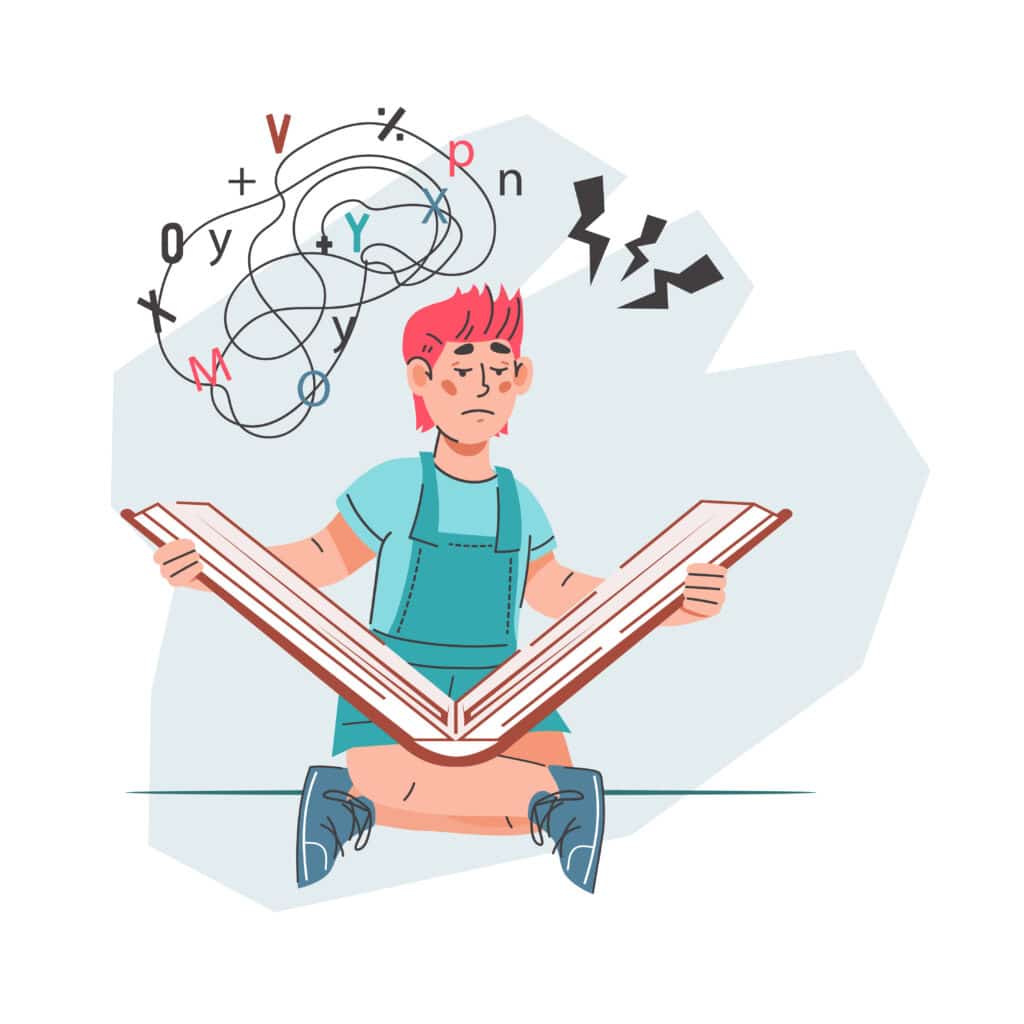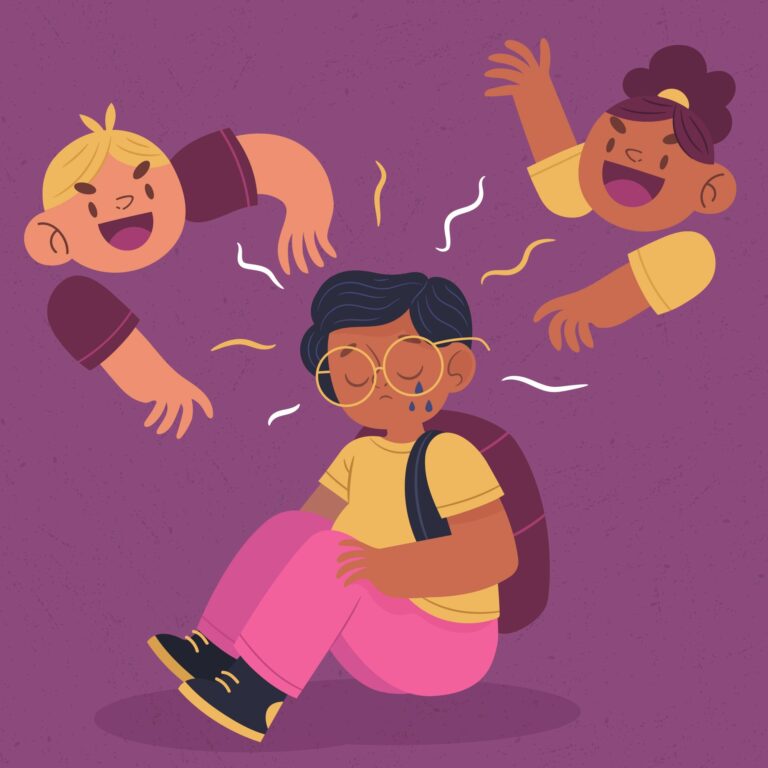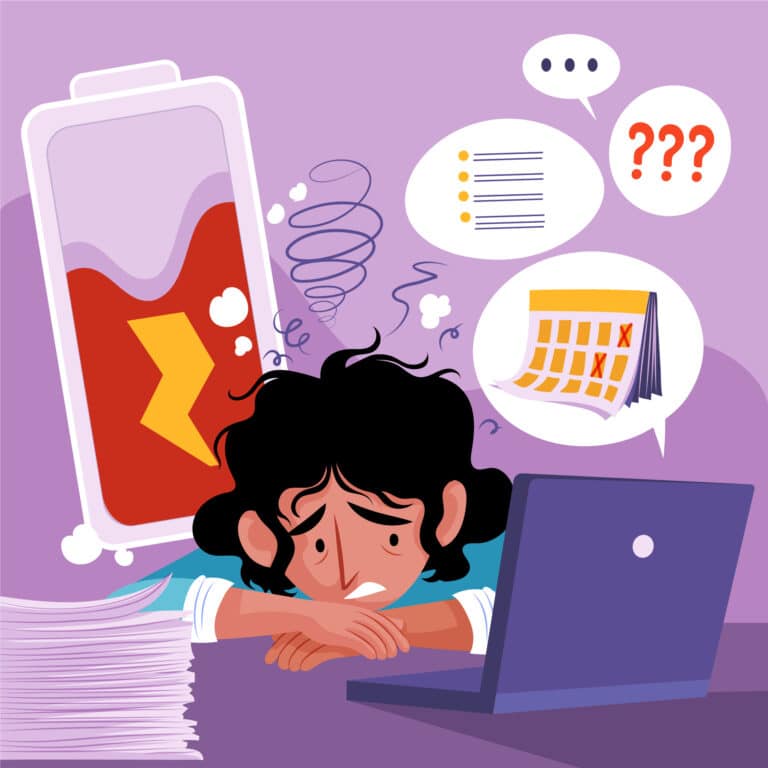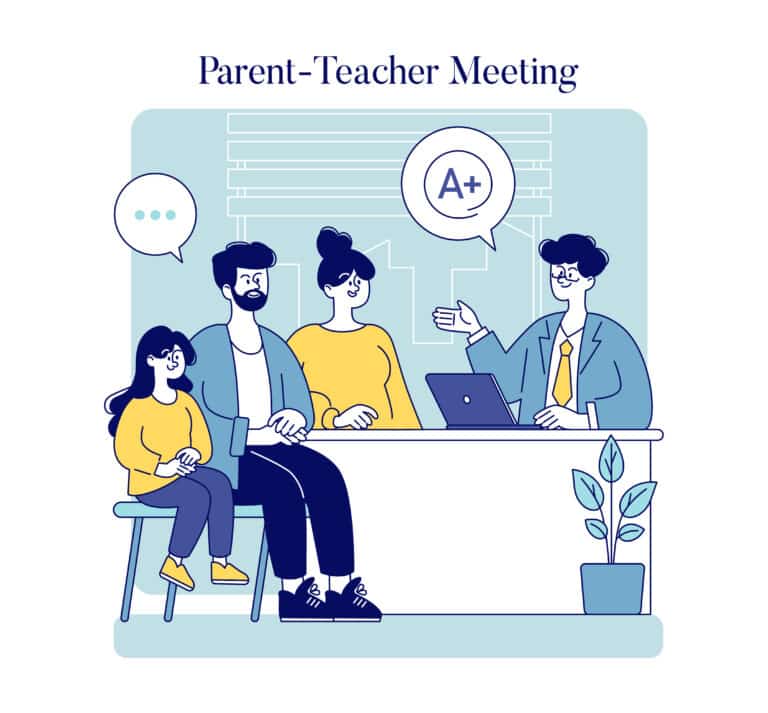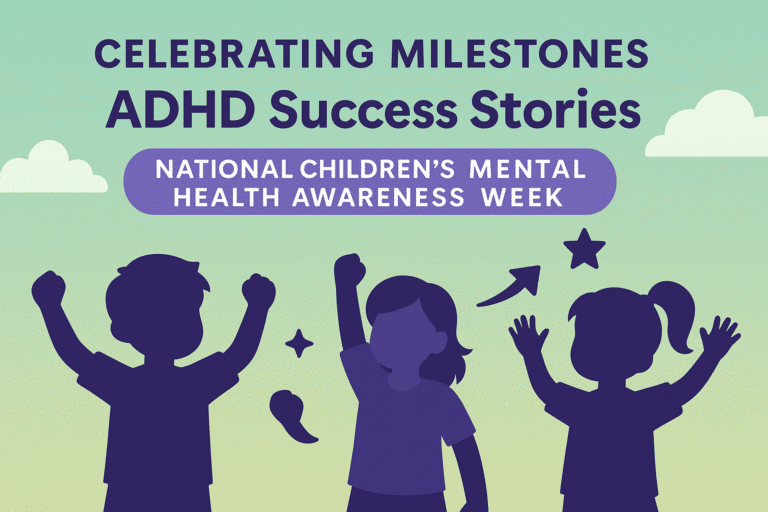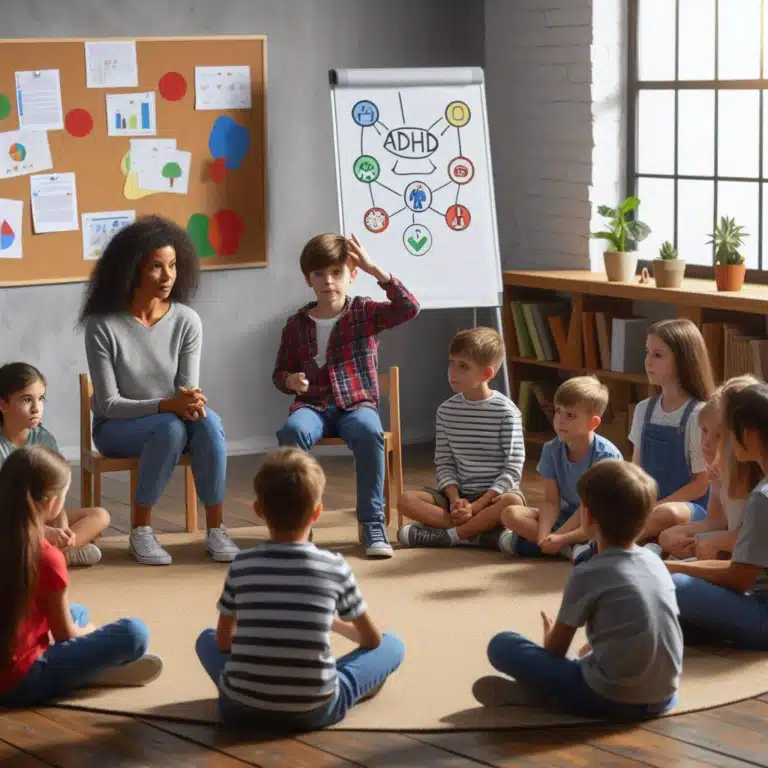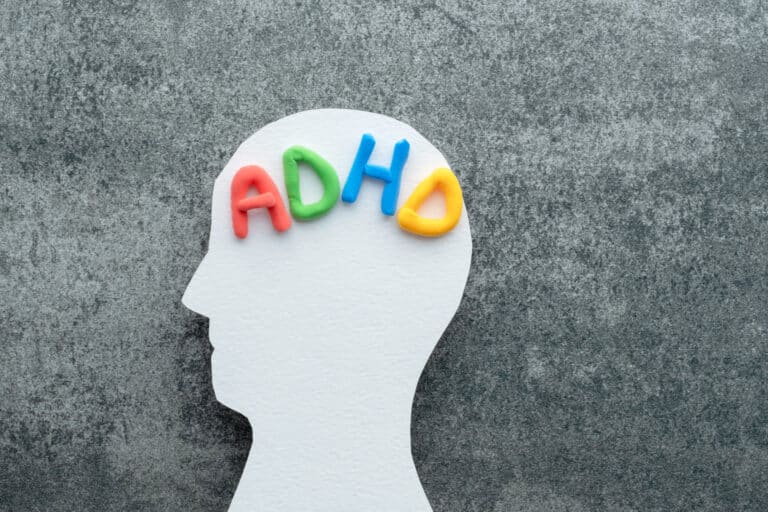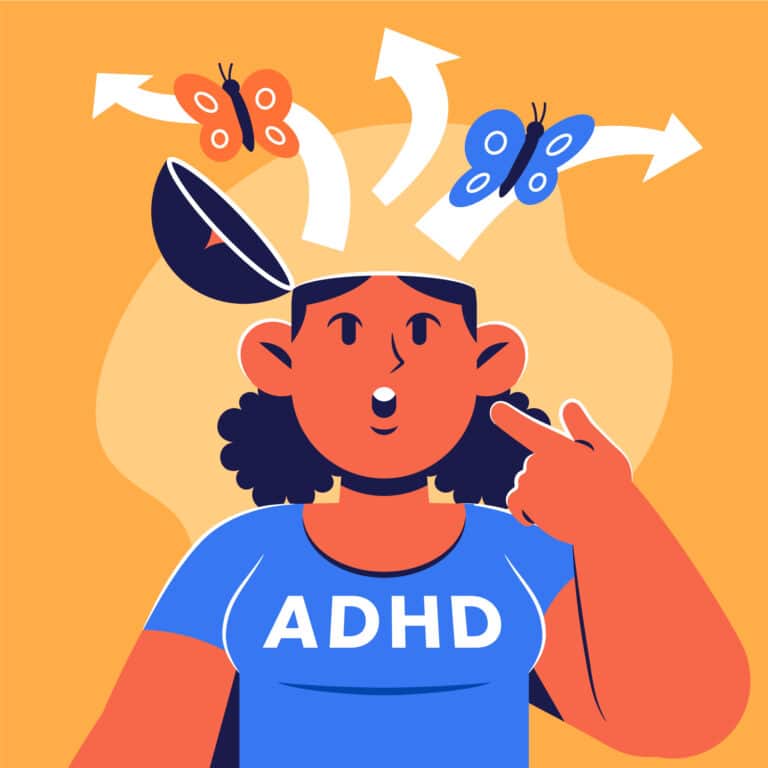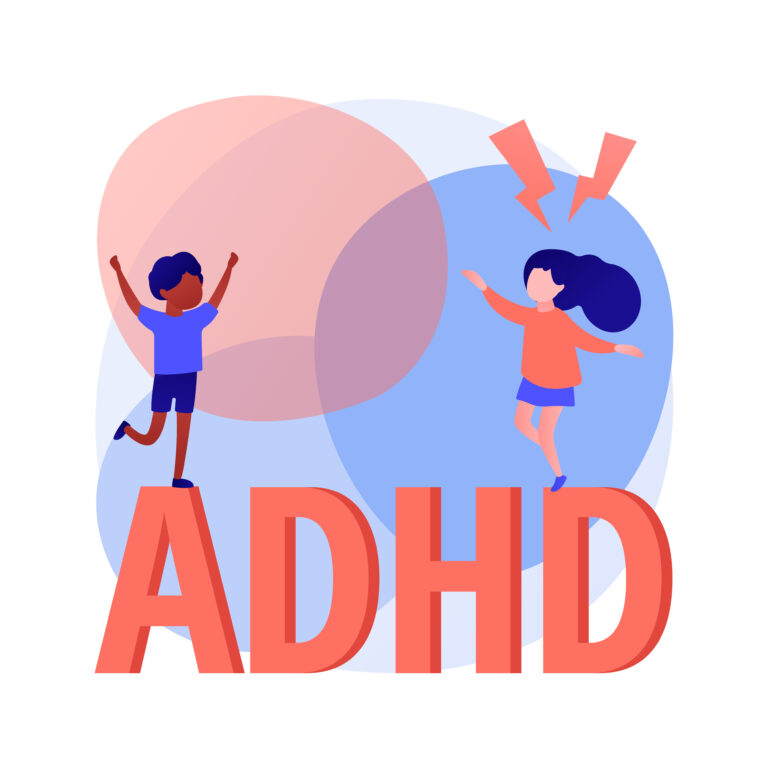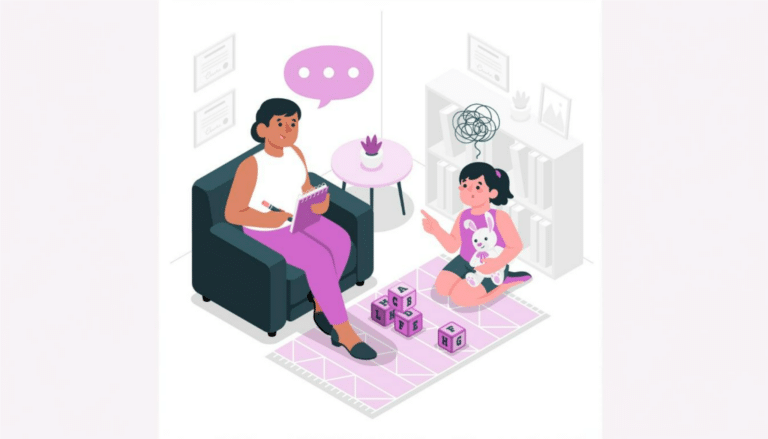Children with Attention Deficit Hyperactivity Disorder (ADHD) often face unique challenges beyond inattention and hyperactivity. One of the most significant challenges is executive dysfunction, which affects the cognitive processes required for planning, organizing, and self-regulation. Understanding the relationship between ADHD and executive dysfunction is essential for providing effective support.
What Is Executive Dysfunction?
Executive dysfunction refers to difficulties with the brain’s executive functions, which are essential for managing tasks, regulating emotions, and achieving goals. These skills include:
- Working Memory: The ability to hold and manipulate information in the mind.
- Inhibitory Control: The capacity to resist impulsive behaviors and distractions.
- Cognitive Flexibility: The ability to adapt to changing situations and think creatively.
In children with ADHD, executive functions often develop more slowly, resulting in challenges in academic, social, and home settings.
The Link Between ADHD and Executive Dysfunction
How ADHD Affects Executive Function
Executive dysfunction is closely tied to ADHD. While ADHD is characterized by symptoms of inattention, hyperactivity, and impulsivity, it specifically impacts the brain’s prefrontal cortex, the area responsible for executive functions. This leads to difficulties in executive function in children, impacting various aspects of their lives.
- Starting and Completing Tasks: Procrastination and task avoidance.
- Time Management: Underestimating how long tasks will take.
- Emotional Regulation: Struggling to manage frustration or adapt to unexpected changes.
- Prioritization: Failing to focus on the most important tasks.
Common Signs of Executive Dysfunction in Children with ADHD
Parents and educators may notice the following behaviors in children with executive dysfunction:
- Frequently misplaced school supplies or homework can be a sign of executive function deficits in kids with ADHD.
- Difficulty following multi-step instructions.
- Trouble managing time for assignments and deadlines.
- Impulsivity or acting without considering consequences.
- Emotional outbursts or difficulty calming down after conflicts.
How Executive Dysfunction Impacts Daily Life
Academic Challenges
- Struggling to organize assignments and materials can indicate executive function deficits in children.
- Difficulty keeping track of due dates and completing projects on time.
- Inconsistent focus during lessons or homework.
Social Challenges
- Impulsivity can lead to misunderstandings or conflicts with peers.
- Emotional dysregulation may result in difficulty forming and maintaining friendships.
Home and Family Life
- Forgetfulness can disrupt daily routines like getting ready for school.
- Difficulty managing transitions, such as bedtime or moving from one activity to another.
Strategies to Support Children with Executive Dysfunction
1. Create Structured Routines
Establish consistent daily schedules to reduce uncertainty and provide predictability. Use visual aids like charts or calendars to outline tasks and responsibilities.
2. Break Tasks into Manageable Steps
Simplify multi-step tasks by breaking them into smaller, actionable pieces. For example, instead of saying “Clean your room,” guide the child with steps like “Put your toys in the bin” and “Fold your clothes.”
3. Use Tools to Aid Time Management
Introduce timers or alarms to help children develop an awareness of time and improve their executive function skills. Visual timers can be particularly helpful for younger children.
4. Foster Emotional Regulation
Teach calming techniques such as deep breathing, mindfulness, or using a “calm-down corner.” Praise efforts to self-regulate emotions during stressful situations.
5. Collaborate with Educators
Work with teachers to implement accommodations, such as extended deadlines, seating arrangements that minimize distractions, and breaking assignments into smaller tasks.
6. Seek Professional Guidance
Consult psychologists or occupational therapists who specialize in ADHD and executive dysfunction. They can provide tailored interventions to strengthen specific executive skills.
Frequently Asked Questions (FAQ)
Q: What is the difference between ADHD and executive dysfunction?
A: ADHD is a broader neurodevelopmental disorder, while executive dysfunction specifically refers to difficulties with planning, organization, and self-regulation. Executive dysfunction is a common feature of ADHD.
Q: Can executive dysfunction improve over time?
A: Yes, with proper support and interventions, children can develop stronger executive skills. Progress often depends on consistent practice and tailored strategies.
Q: How can I tell if my child has executive dysfunction?
A: Look for signs like trouble completing multi-step tasks, managing time, or controlling emotions. A psychologist can provide an evaluation if these issues significantly impact daily life.
Q: What tools can help children with executive dysfunction?
A: Tools such as planners, checklists, visual schedules, and timers can assist children in managing tasks and routines more effectively.
Empowering Children with Executive Dysfunction
Supporting a child with executive dysfunction begins with understanding their unique challenges and how they relate to executive function skills. By implementing structured routines, teaching practical skills, and seeking professional guidance when necessary, parents and educators can help children overcome these difficulties.
Pathformers offers courses and resources to help families navigate executive dysfunction and ADHD, providing actionable strategies to support a child’s success. Explore our tools and create a brighter path for your child today!

